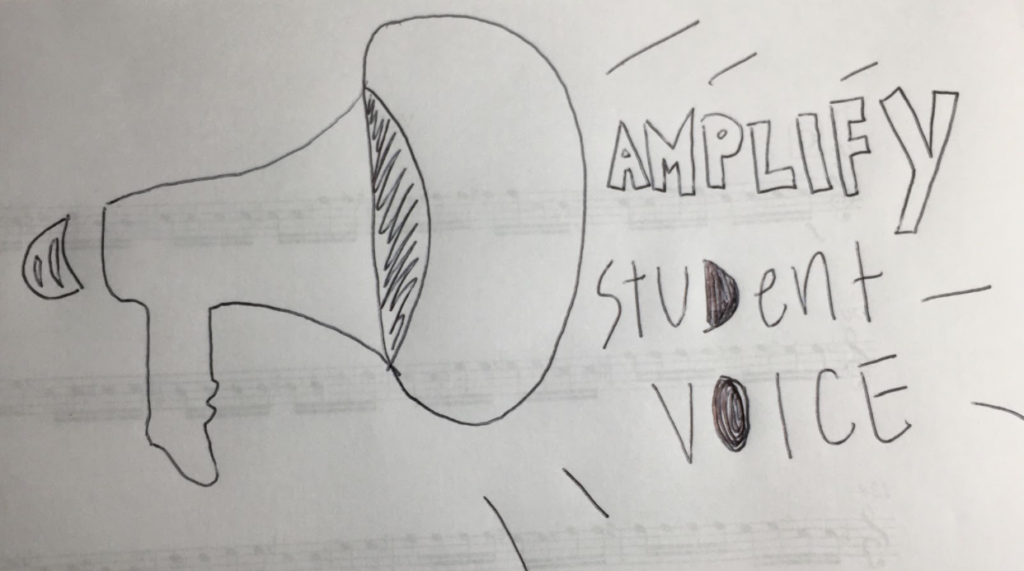We spend as much as 15,000 hours of our life in school. In 12 years, we evolve from bratty second graders to practical adults by senior year. However, students still have little to no say in the decisions made by the school that they spend so much of their lives in.
While it’s fair to say that students in elementary and middle school are not mature enough to have a significant say in school scheduling or curriculums, high schoolers have the full capacity and right to have a say in these areas. No matter the topic, students should play a part in decision-making for the school. They have a unique perspective on what can be improved, as they’re the ones impacted most by school policy. From finals week to tutorial sign-ins, students know what will be effective.
Currently, students can lend their voice through student leadership related activities such as ASB, commissions, and clubs. However, along with these responsibilities, students should also provide their opinion on matters that affect their day-to-day academics, and see change that reflects their opinions.
For example, the student body should have a say in the order in which they take their finals, or the way they would want to see information presented in various classes. By receiving feedback from students on the most effective methods of learning, the school could alter what labs science classes do, the type of projects done in history class or the format of tests to best prepare students for AP exams.
Increasing students’ say in school policies would do more than prepare them for life after high school, where paths are paved by the individual. By adjusting academic standards to fit students’ interests, engagement in classes would considerably increase. This increase in attentiveness would produce all-around positives, such as higher GPAs and better standardized test scores.
The Center for American Progress states that 80 percent of high school students with low GPAs felt a lack of motivation to work hard, as their classes failed to spark their interests.
The same students who participated in the survey emphasized the need for having a greater student voice, wanting to develop communication between policymakers and students in order to cultivate the best learning environment.
With the recent campus closure for COVID-19, the school is is implementing online learning in order for students to stay on top of their progress in school.
From class video calls to recorded lectures, online school could be approached with countless different methods.
Increasing students’ voices in school could go beyond classroom-specific reforms. While the school shutdown is unfamiliar to both students and administrators, students still have a firm grasp on what learning style they’d be most compelled to actively participate in from home. Therefore, students should be part of the discussion in determining what online school entails.
Regarding disciplinary action, students know what consequences would incentivize them to follow the rules. Perhaps being in detention for an hour after school is not the best system for encouraging students to come to school on time or for putting a halt to vaping in the bathrooms. Allowing students to provide information on effective rule regulation could unearth a solution to common student-related issues.
Additionally, students could pitch in their opinion on what school-wide activities they would want to see around the campus.
While it can be argued that even by high school, students are still too immature to make decisions that determine their academic journey, they are fully capable of being part of the conversation. Adult guidance is crucial in leading kids in the right direction, and that should not change. The purpose of giving students a greater voice is not for them to make irrational rules such as banning homework. Instead, increasing students’ say in school reforms encourages an environment where students are inclined to learn.
Students should lend their voice through more than just random Google forms sent out amongst a flood of unread emails. There should be monthly meetings implemented where elected students meet with administrators to discuss the change they want to see in the school. The representatives for the student body would reach out to their peers with consistent polls and surveys to grasp what aspect of the school needs reform.
Encouraging students to be a big and important part of decision making is more vital than ever.
























